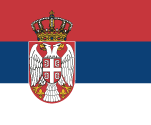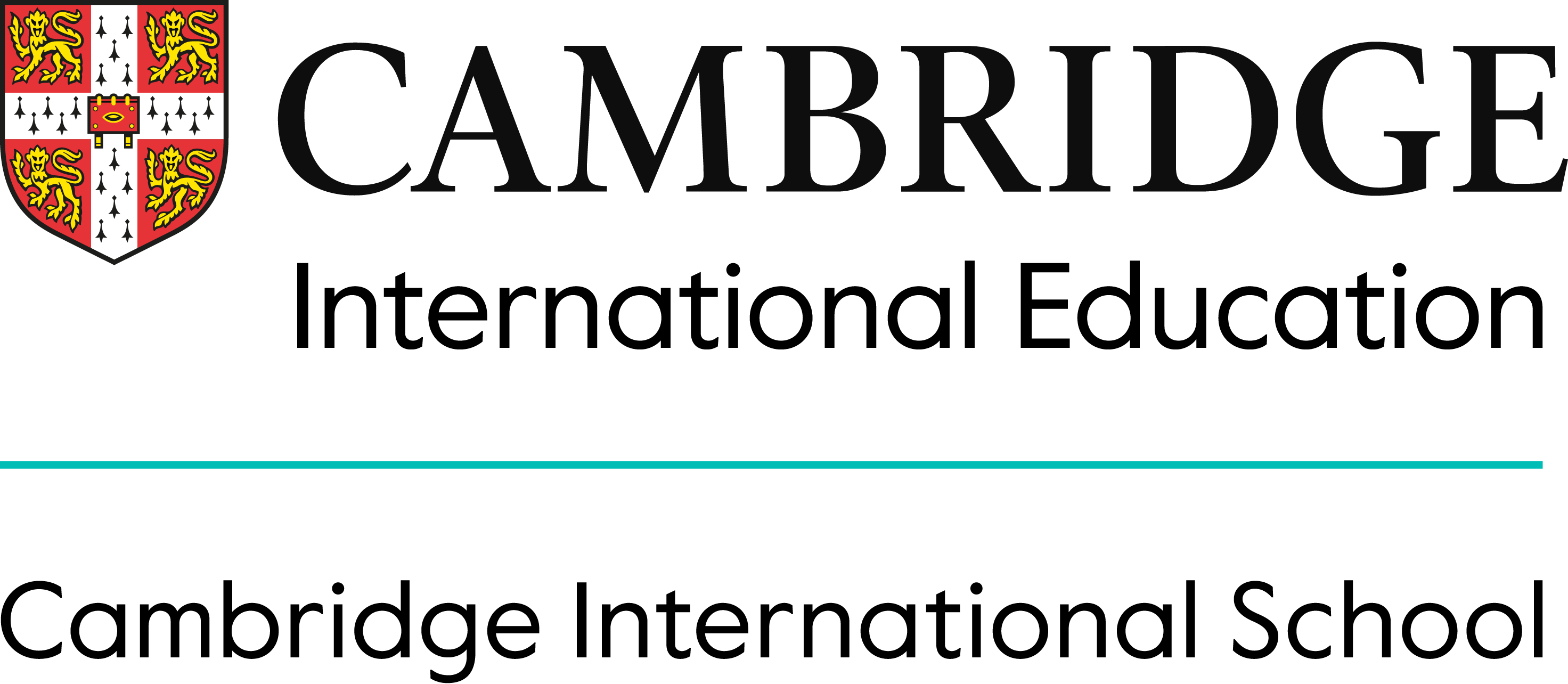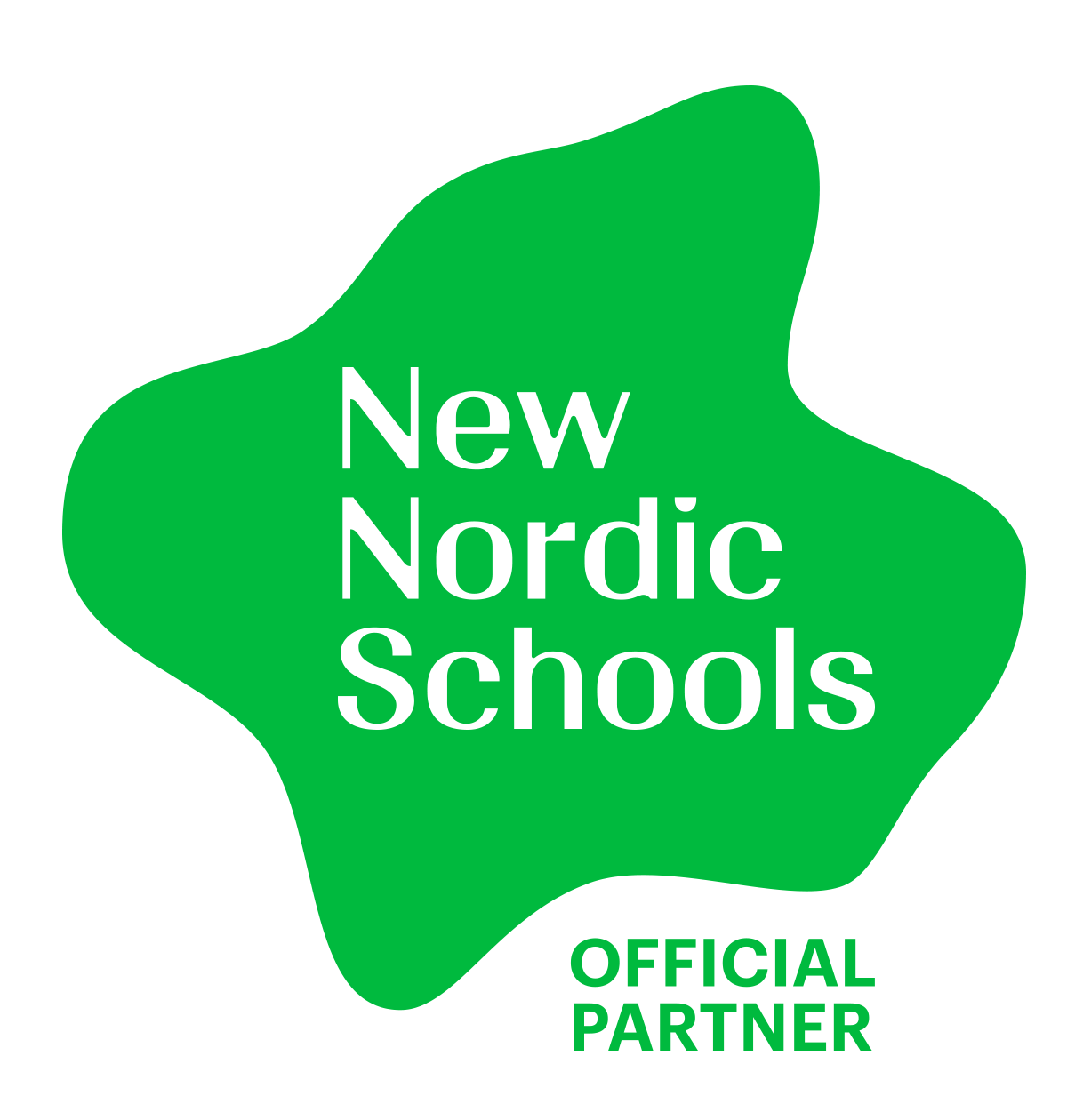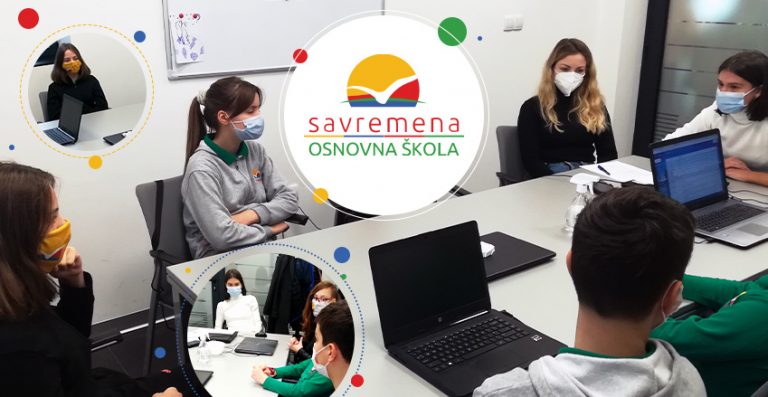
Savremena’s students: “The pandemic brought us closer and we couldn’t wait to come back to school”
Sasa Zdravkovic / / Blog, I-IV, Kombinovani, Nacionalni, V-VIII / November 30, 2020
Savremena’s students: “The pandemic brought us closer and we couldn’t wait to come back to school”
Sixth-graders’ experiences during the pandemic
The coronavirus pandemic brought various changes to the students’ lives. In order to find out how the students of Primary School Savremena reacted to the changes in their school and family lives, a focus group was set up for the students in Year 6.
The focus group was conducted by school counsellor Katarina Mladenović, together with students from the Faculty of Philosophy in Belgrade. The students gave feedback on the pandemic, school organisation, distance learning, etc. They also provided proposals on how to improve certain aspects.
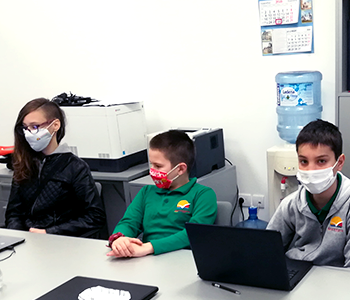
With help from their parents, teachers and peers, the students overcame their initial fears
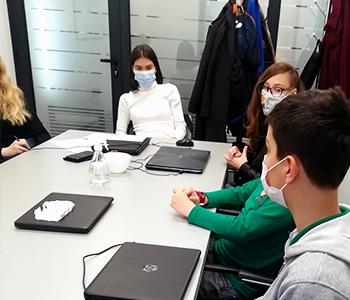
Apart from peers and teachers, help and support came mostly from the parents. According to the students, during this period the teachers were like parents and, most of all, counsellors who helped them deal with their fears and worries about school. Some students admit that they were very scared at first, but that over time, the fear went away thanks to conversations with the elders.
What was particularly important to the students – more than the remedial lessons – is the fact that they could talk to the (class) teachers about the current situation in the country, the virus, and how to take care of themselves. One student stressed how much this meant to him and how better he felt after these lessons.
Students Lena and Sara said that the epidemic brought them closer, as they spent two or three hours on Google Meet after lessons, discussing different things and supporting one another.
When the pandemic began, most students felt that they suddenly grew apart, as they couldn’t be in direct contact, and forgot many things about their friends. That’s why, months later, it was strange to see them in person. During the epidemic, the parks were empty and few children spent time together. They mostly maintained contact via social media or by playing online video games.
Distance learning was well-organised, but the return to school is better
The students were happy with remote learning via Savremena’s Distance Learning and Google Meet. However, they missed the interaction with the teachers, active in-class participation, spending time with their friends, and the option to ask their teachers for clarification whenever they need additional explanations. This is why regular remedial lessons meant so much to them. Some students even gave remedial lessons to each other.
Everyone was eager to return to school. However, the students also faced new challenges – most pointed out that in the beginning it was very difficult for them to wear masks, but that they are now used to it. Shorter lessons were also some of the problems they mentioned. This meant that interesting lessons were shorter as well, and sometimes they didn’t have enough time to complete their obligations at school and, therefore, had more homework.
In order to overcome these challenges, the students received assistance from the teachers and parents. Taking into account the information received from the students about their distance learning experiences, as well as their suggestions for improving school activities, Primary School Savremena is entering the new online teaching cycle fully prepared.
Savremena’s learning experience enhanced by Cambridge-based workshops
Workshops are an important aspect of the LINK education strategy. This approach includes different topics such as: social values, ethics, solidarity, mutual support, accepting diversity, etc. Using different relaxation and focus strategies taught in “mindfulness” workshops, the students learn how to release stress, re-examine their decisions, and control their feelings.
Similarly to the learning standards set by Cambridge University, LINK’s model entails social and emotional learning and student support through workshops, group meetings and one-on-one discussions. This particularly refers to emotional welfare, overcoming trauma and accepting new routines related to learning, socialising and interaction at school.
The focus group conducted among sixth-graders is an example of how one adheres to newly-set standards. And the fact that the students managed to grow closer and overcome many problems is really encouraging.
